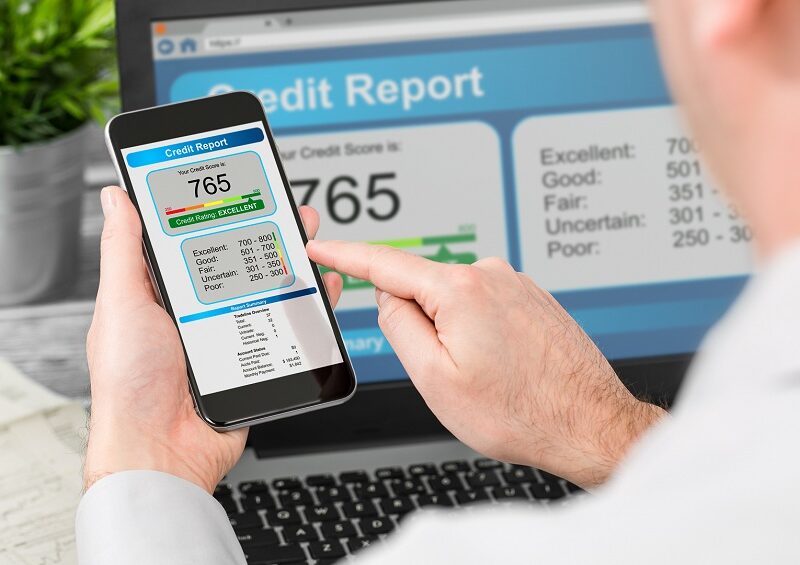A credit report is a compilation of your credit history. It includes information such as how much you owe, how much credit you have available, and your payment history. Your credit score is determined by a formula that takes into account the data in your credit report. Having errors on your credit report can negatively impact your credit score, making it more difficult to get approved for loans or mortgages, or to get the best interest rates. Fortunately, there are steps you can take to fix errors on your credit report. We’ll walk you through the process.
How to check for errors on your credit report
To check for errors on your credit report, you can request a free copy of your credit report from each of the three credit reporting agencies: Equifax, Experian, and TransUnion. You can also order your reports at AnnualCreditReport.com. Review your reports carefully for inaccurate information. Errors in your credit report can negatively impact your credit score and make it more difficult to obtain credit in the future.
How to dispute errors on your credit report
If you’ve ever checked your credit report, you know that it’s not always perfect. In fact, it’s quite common to find small errors in your report. Luckily, the Fair Credit Reporting Act (FCRA) gives you the right to dispute any information on your credit report that you believe is inaccurate. To dispute an error on your credit report, you’ll need to gather some documentation and submit a formal dispute letter to the credit bureau.
What to do if an error is still present after disputing
If you’ve already disputed an error on your credit report and it’s still present, it’s time to take more serious action. First, send a letter to the credit bureau(s) in question detailing the error, your attempts to have it removed, and your supporting documentation. Make sure to keep a copy of this letter for your records. You should also contact the creditor or debt collector associated with the erroneous information and request that they remove it from your credit report.
If they refuse, you can use the process of credit repair. This can be done by a professional company that will only have to be paid once your credit report has been fixed. All of this can be time-consuming and frustrating, but it’s worth it to get accurate credit information.
What to do if you’re turned down for credit due to errors on your credit report
Sometimes you may be turned down for credit because of incorrect information on your credit report. This is why it’s important to check your credit report regularly and dispute any errors you find. If you’re turned down for credit and think it may be because of an error on your credit report, the best thing to do is to contact the creditor or lender who denied you. Let them know that you believe there are errors on your credit report and ask them to help you fix them. They may be able to submit a dispute on your behalf.
Steps to take to improve your credit score
There are a few simple steps you can take to help improve your credit score. One of the most important is to make sure all of your information is correct and up-to-date on your credit report. If you find any errors, be sure to report them immediately.
You can also begin building a good credit history by using a credit card and then paying off your balance in full each month. This will show lenders that you’re responsible with debt and can be trusted to repay loans owed. Finally, try to keep your credit utilization low by not using more than 30% of your total available credit.
Conclusion
Errors on your credit report can cause all sorts of problems, from being turned down for a loan to getting charged a higher interest rate. But you don’t have to put up with it – the fastest way to fix errors on your credit report is to dispute them. Follow the above steps to get your credit score back on track and make sure that you are never negatively impacted by a credit report error again.

